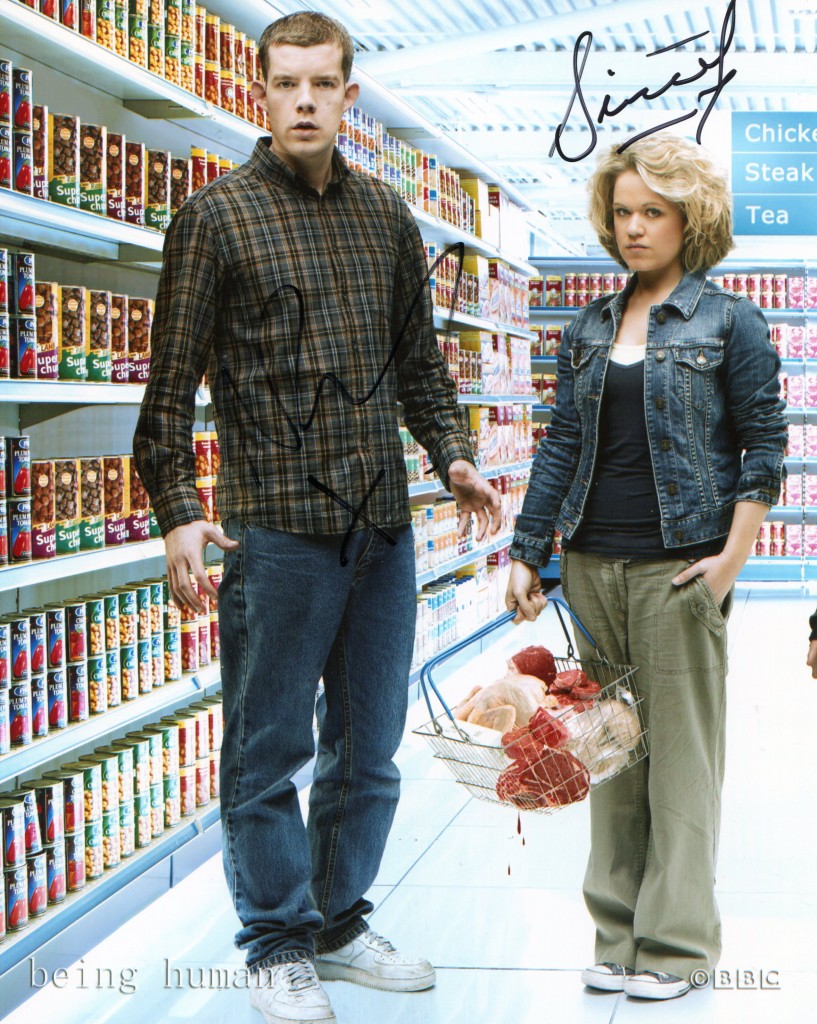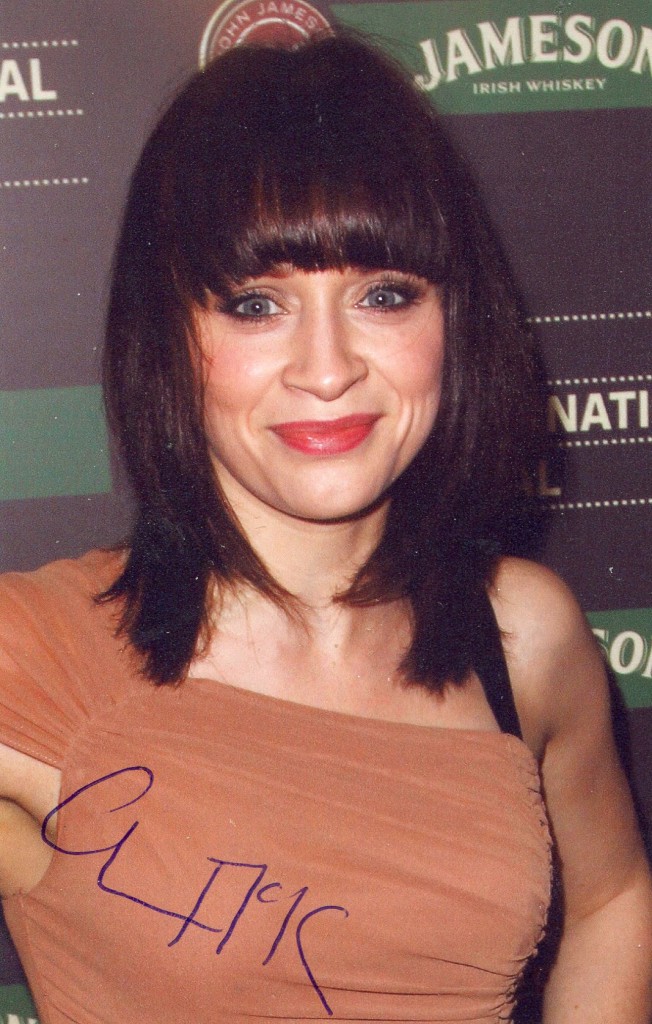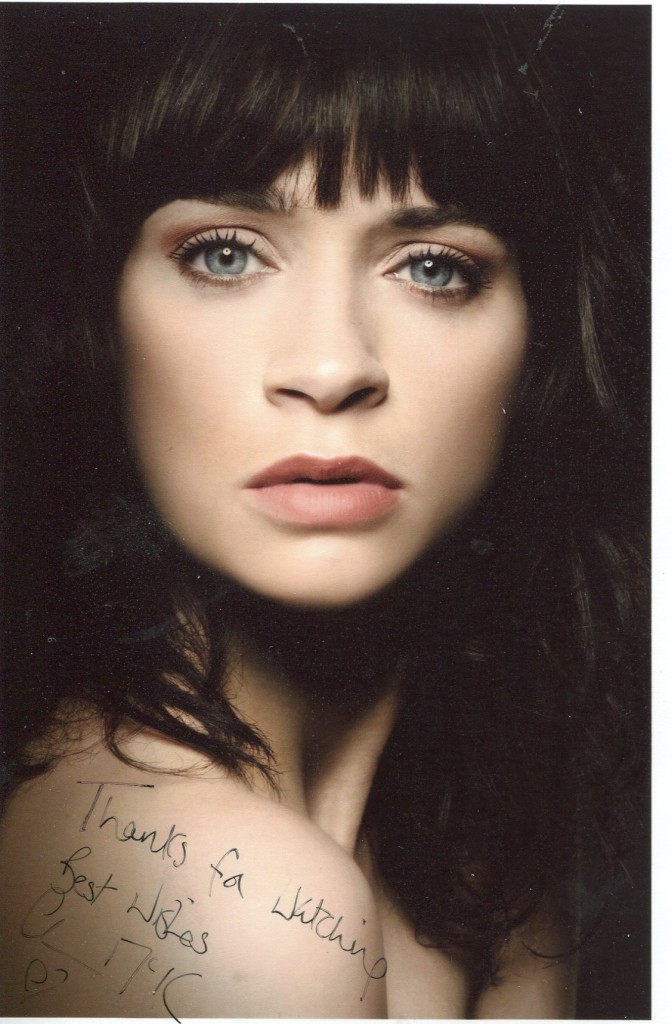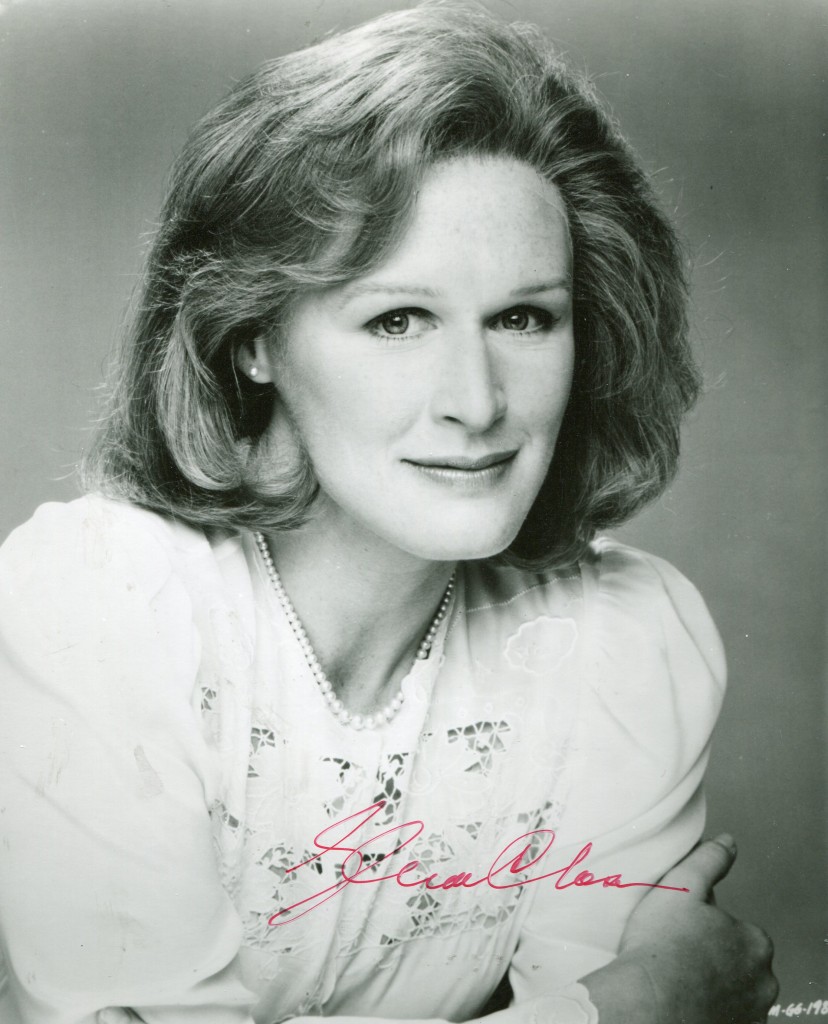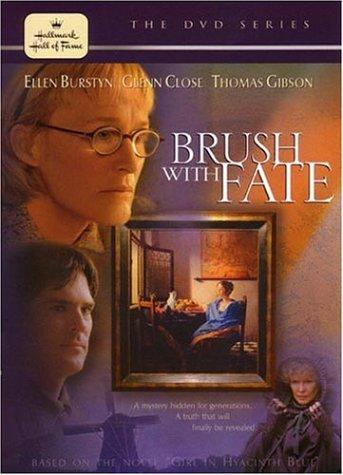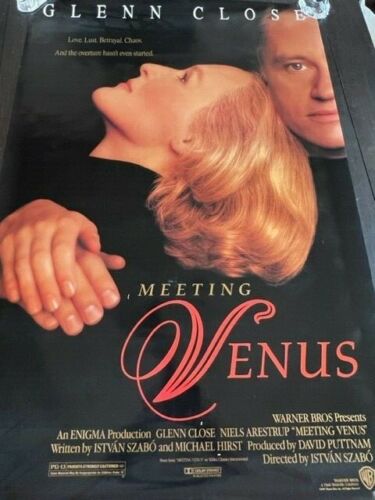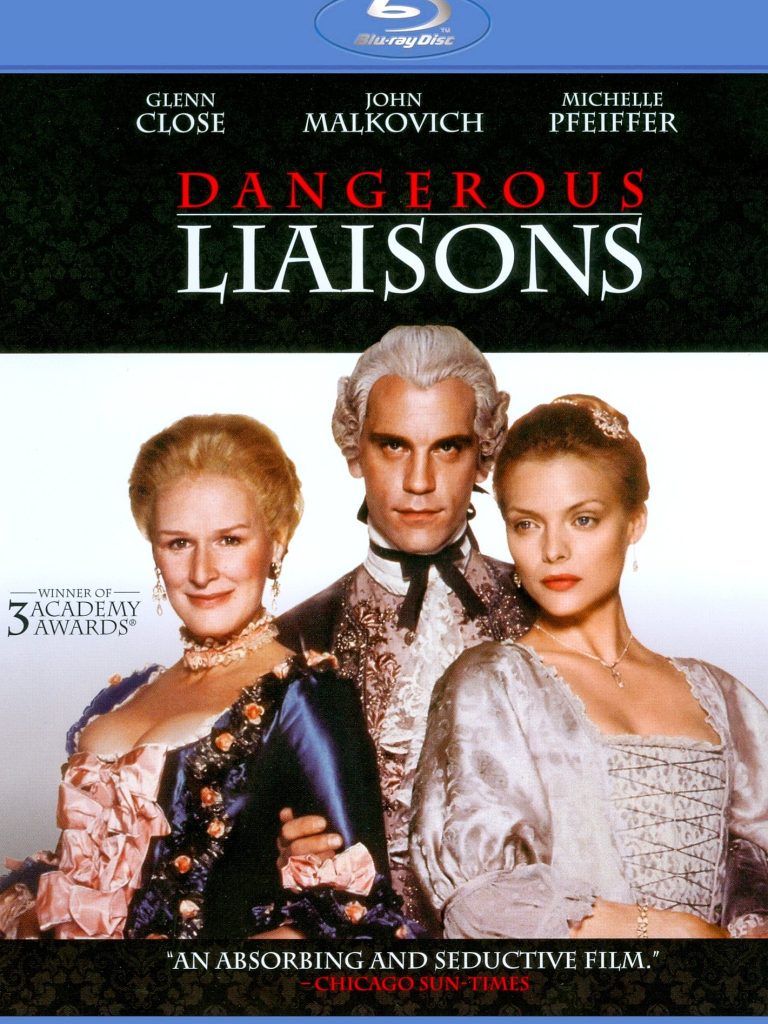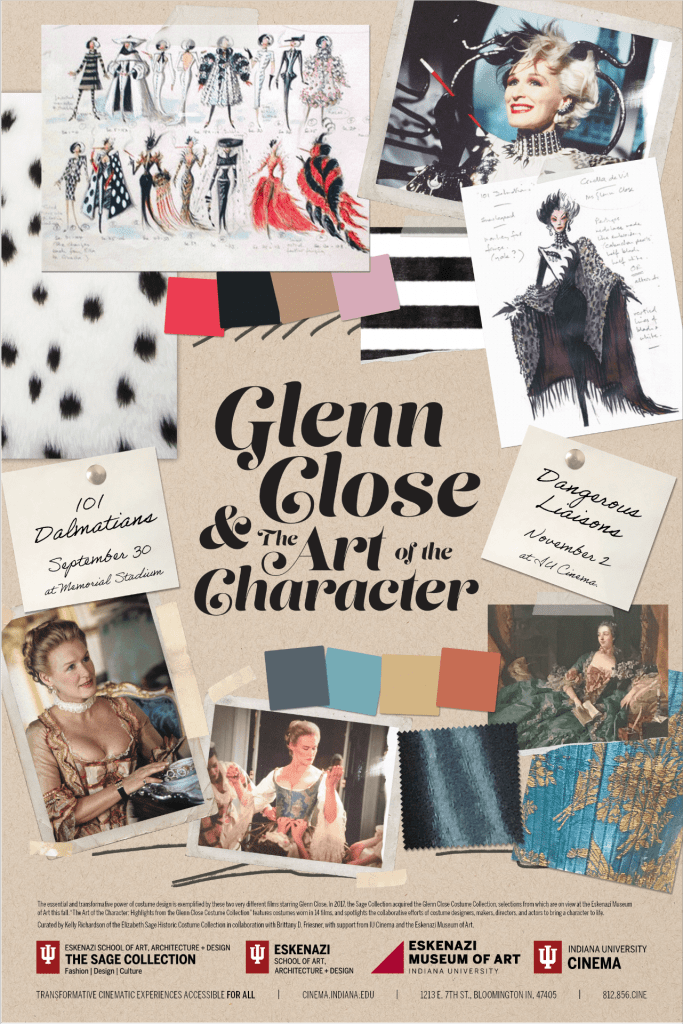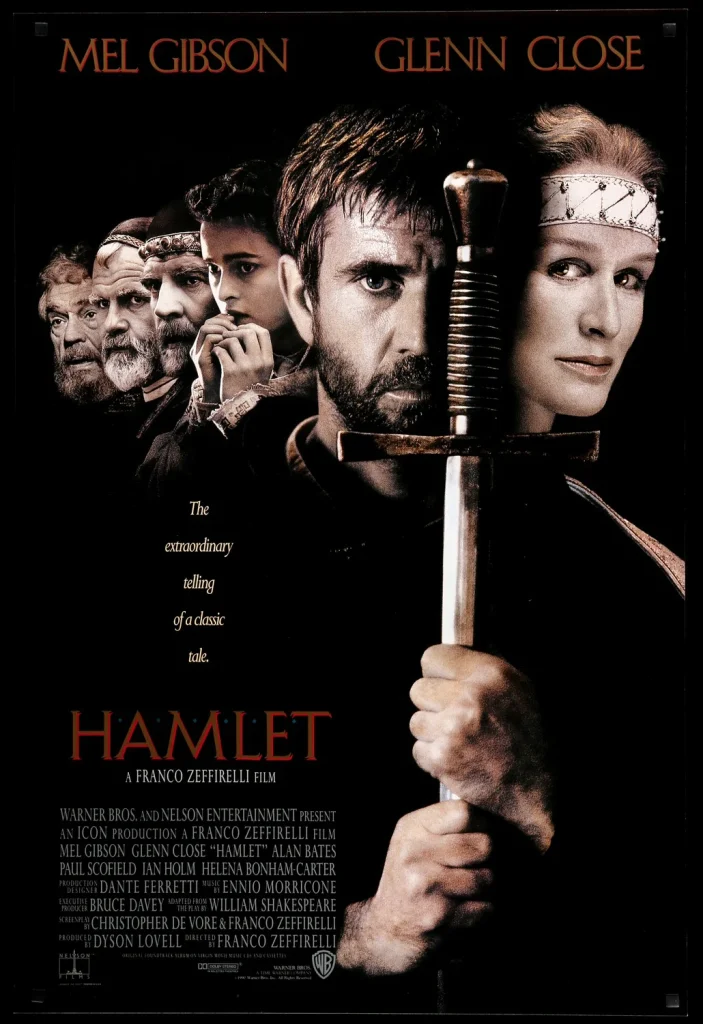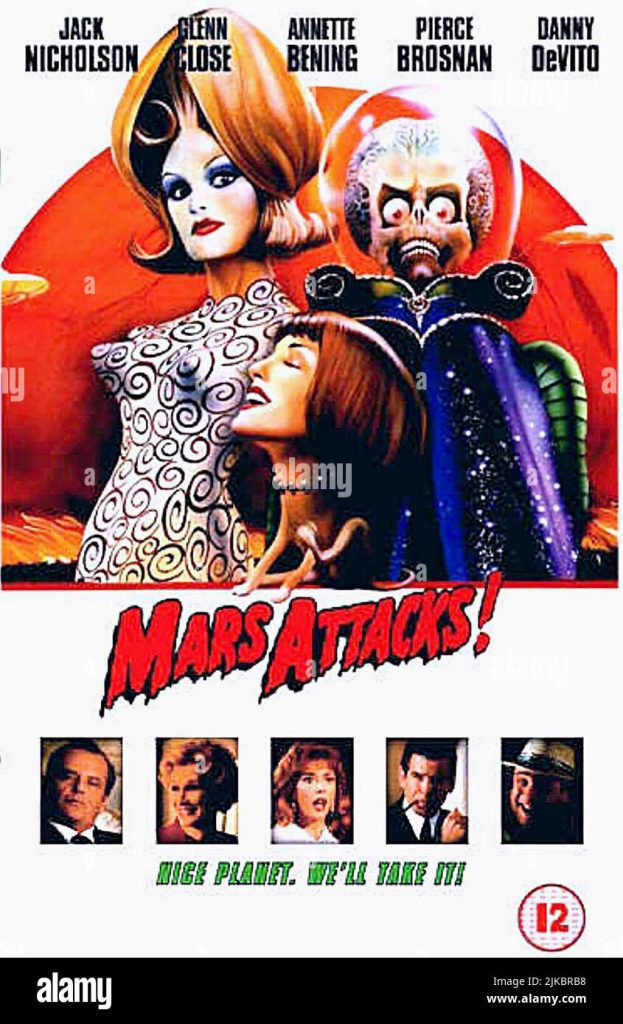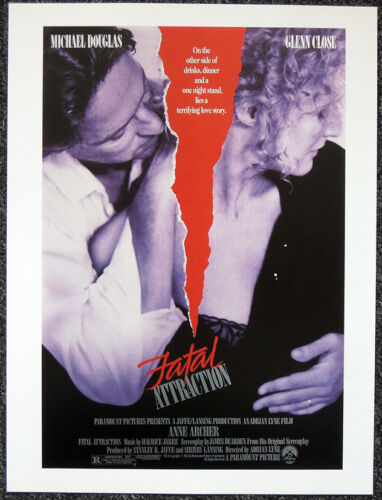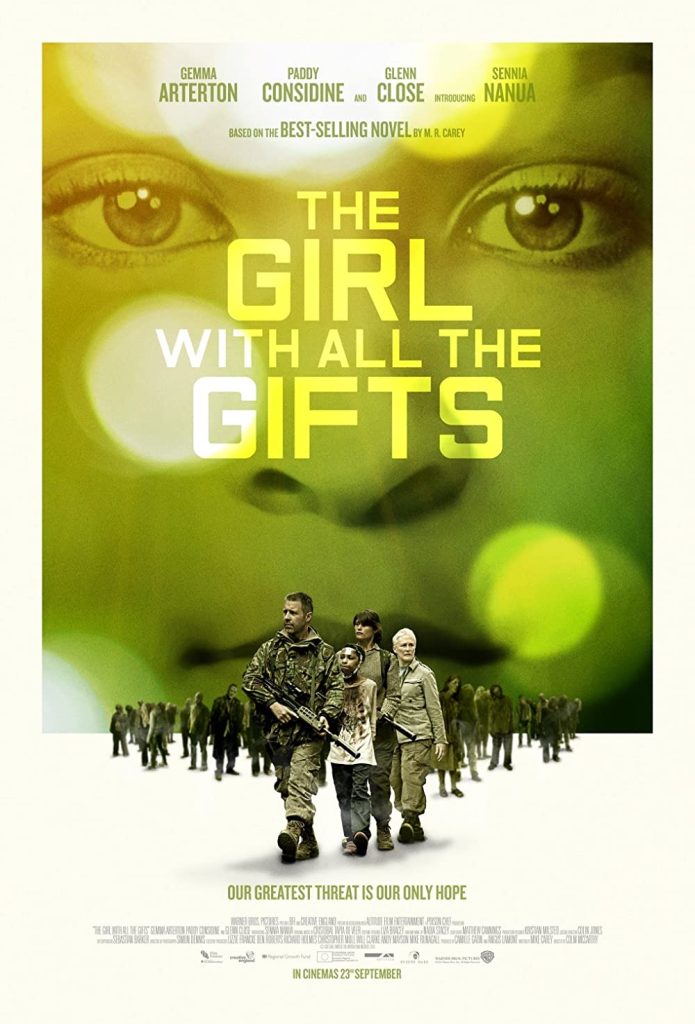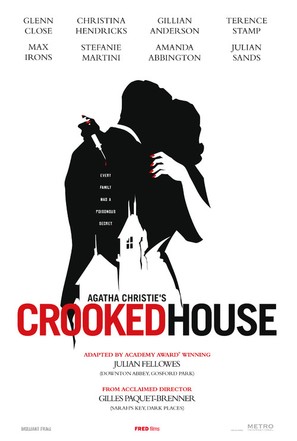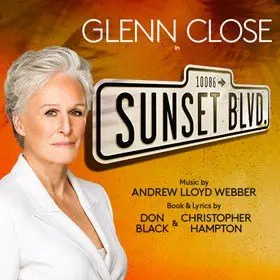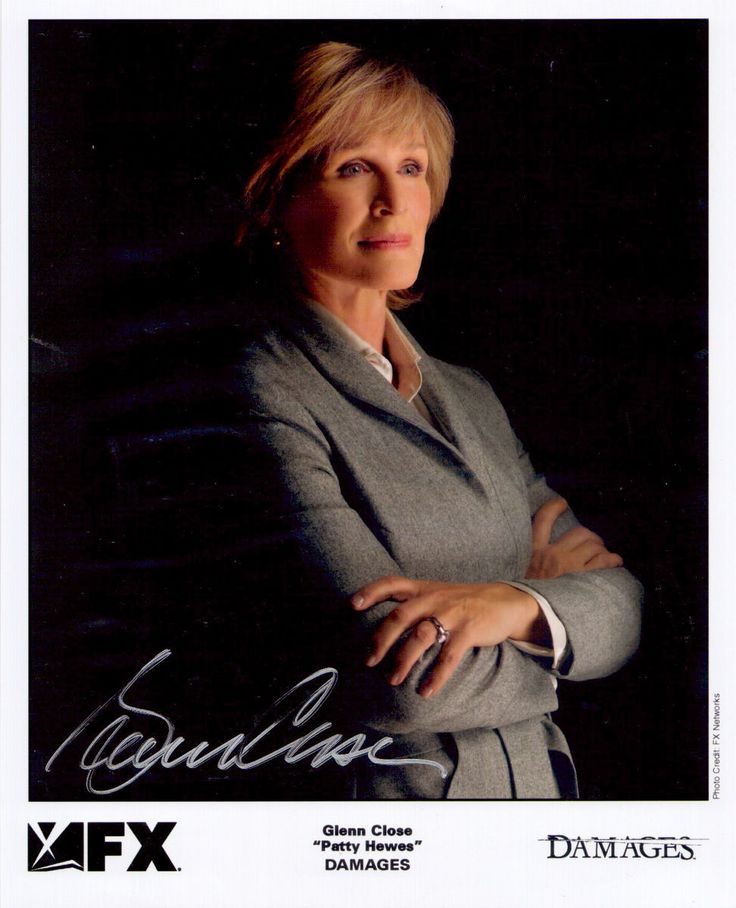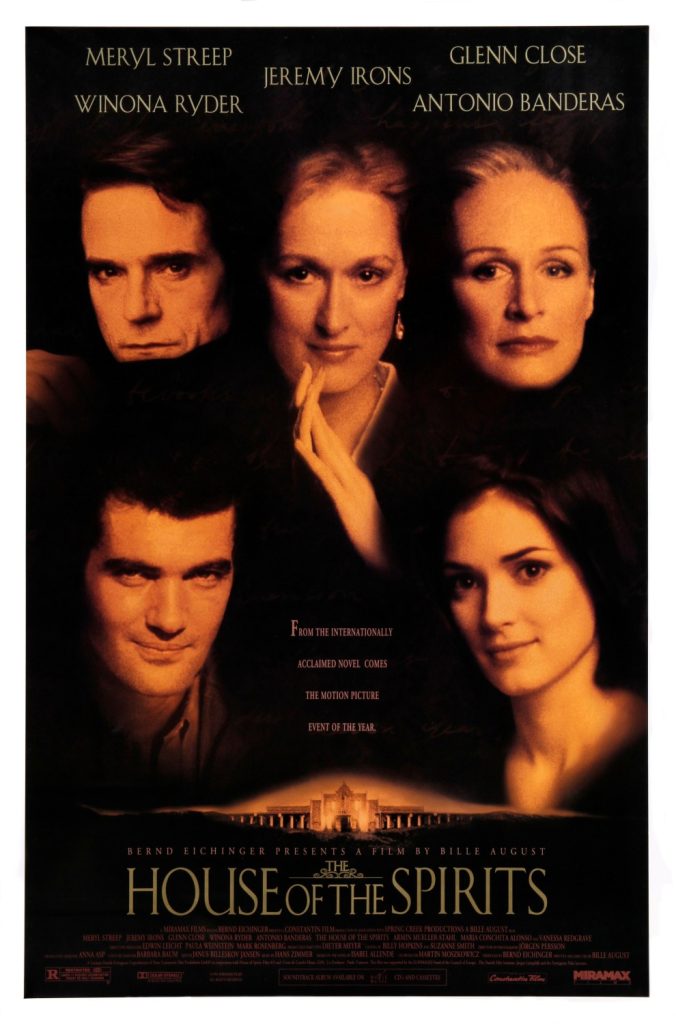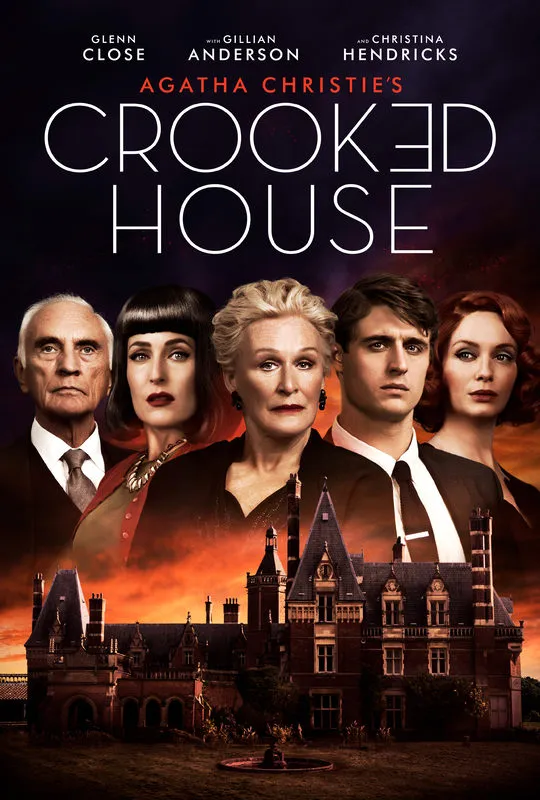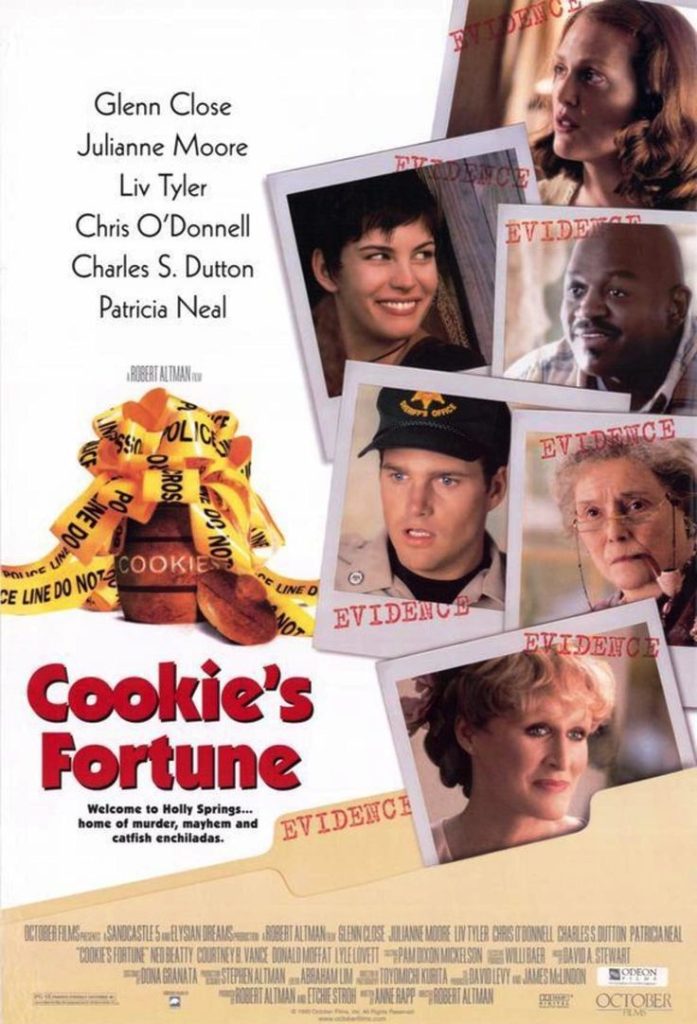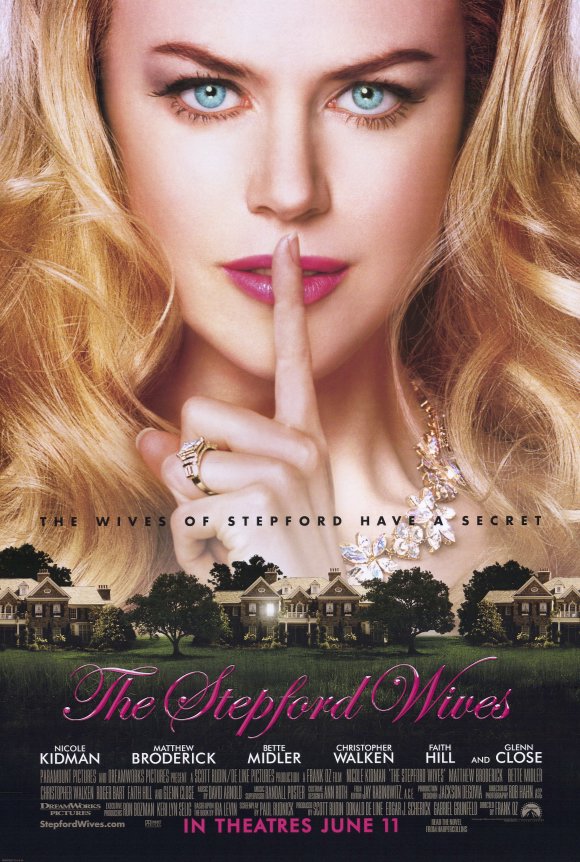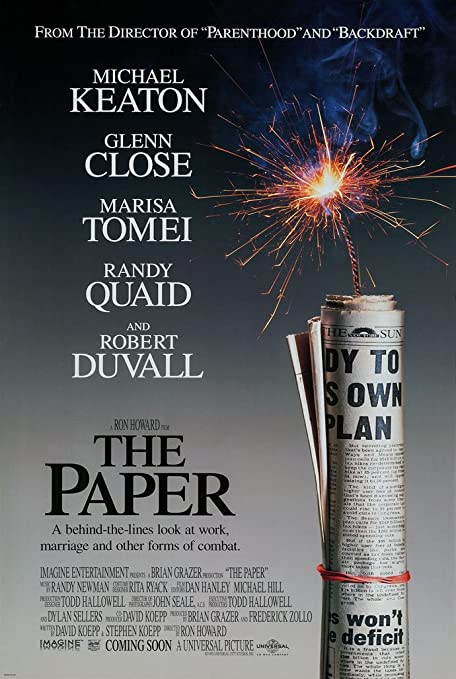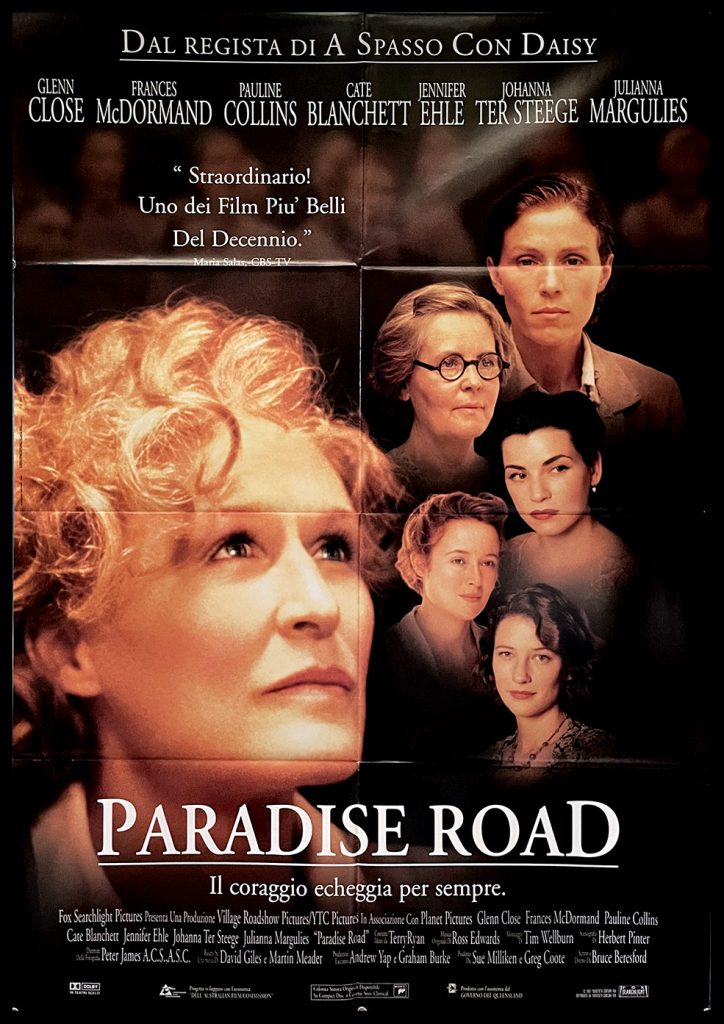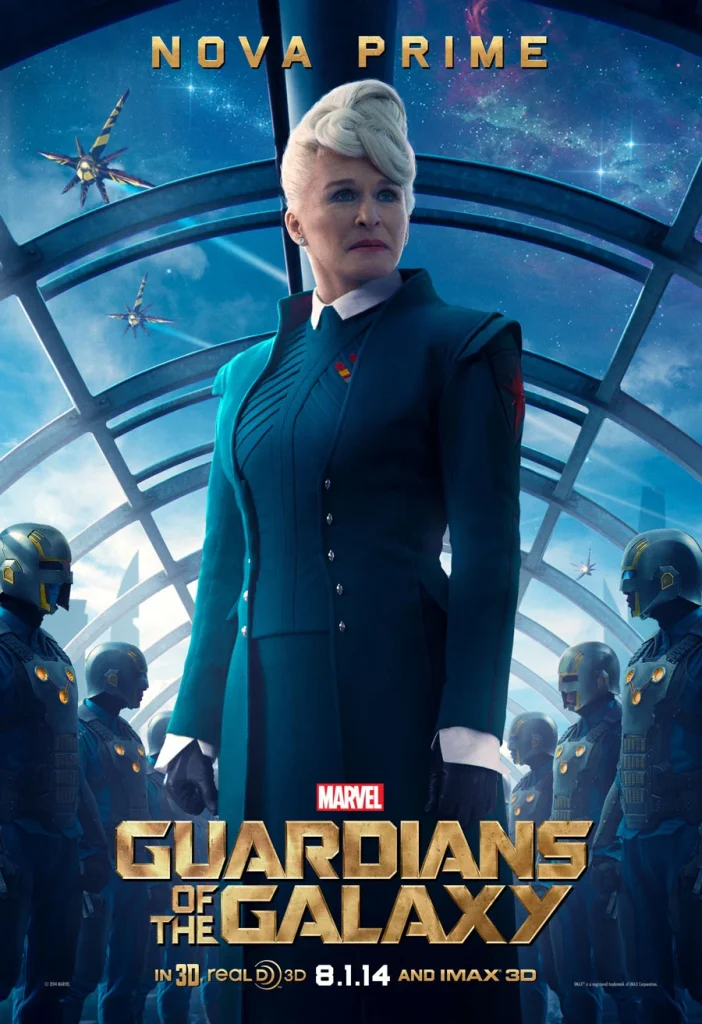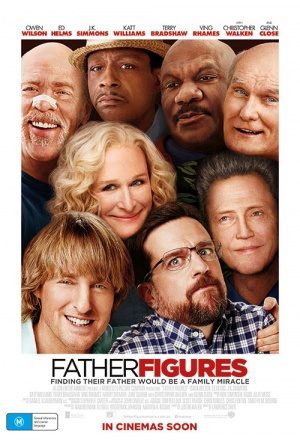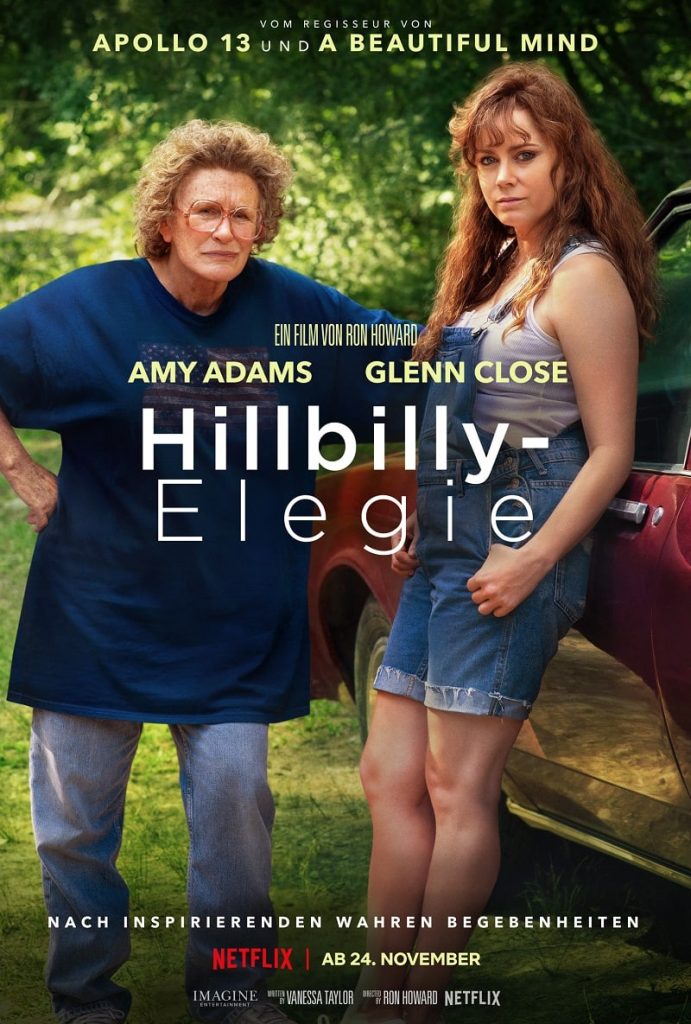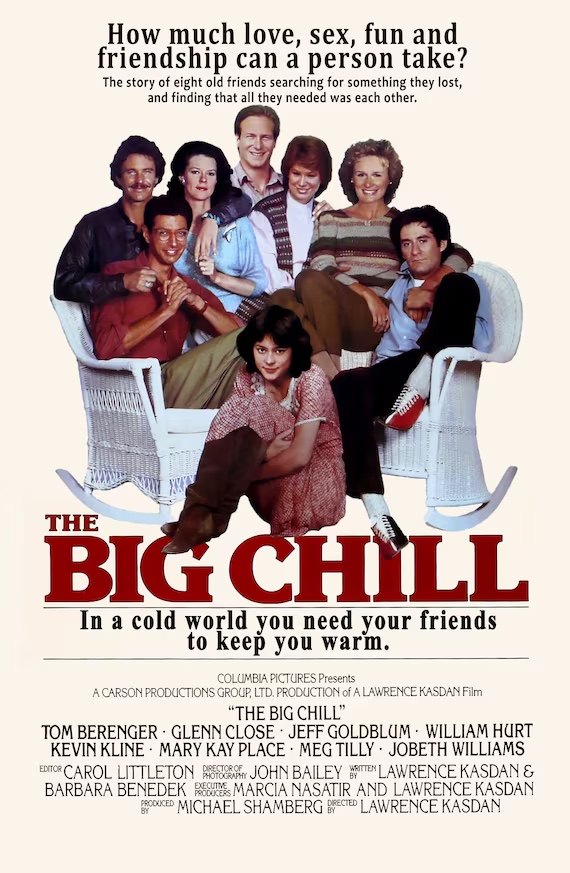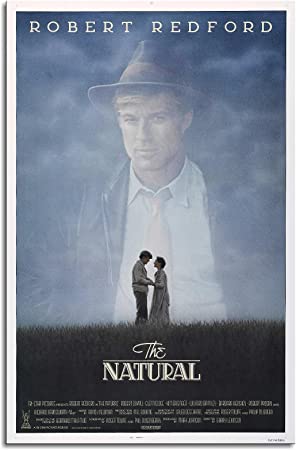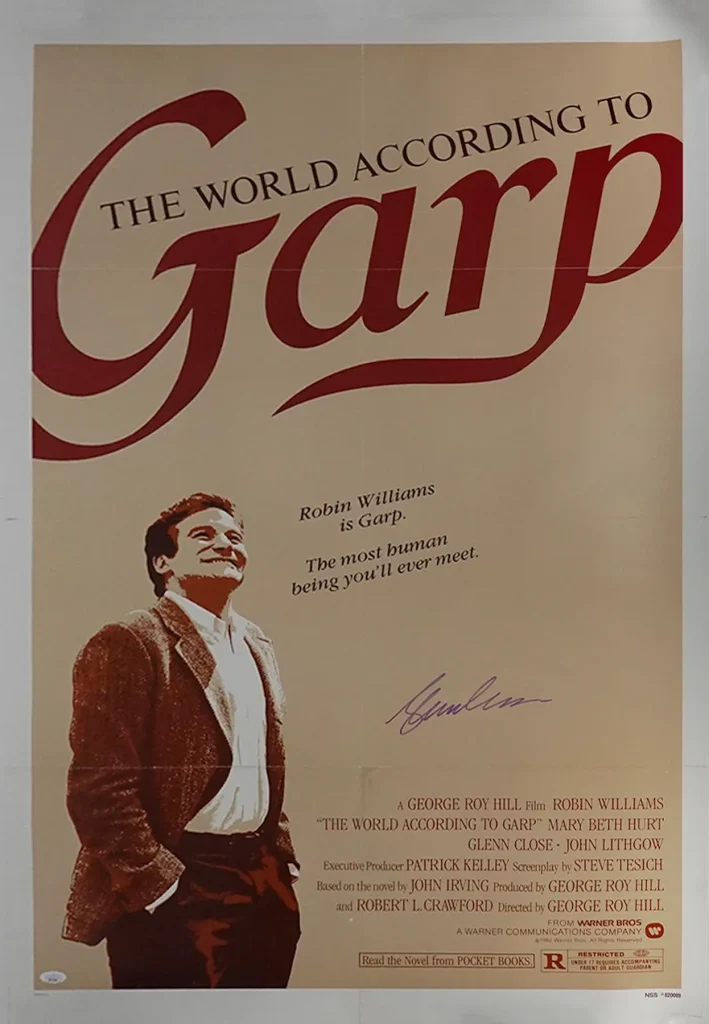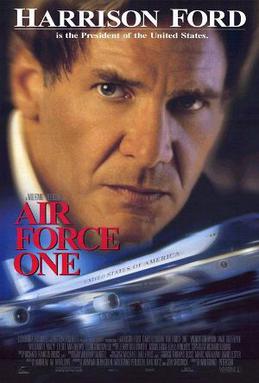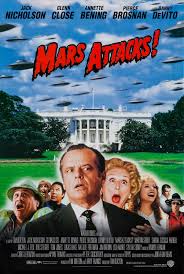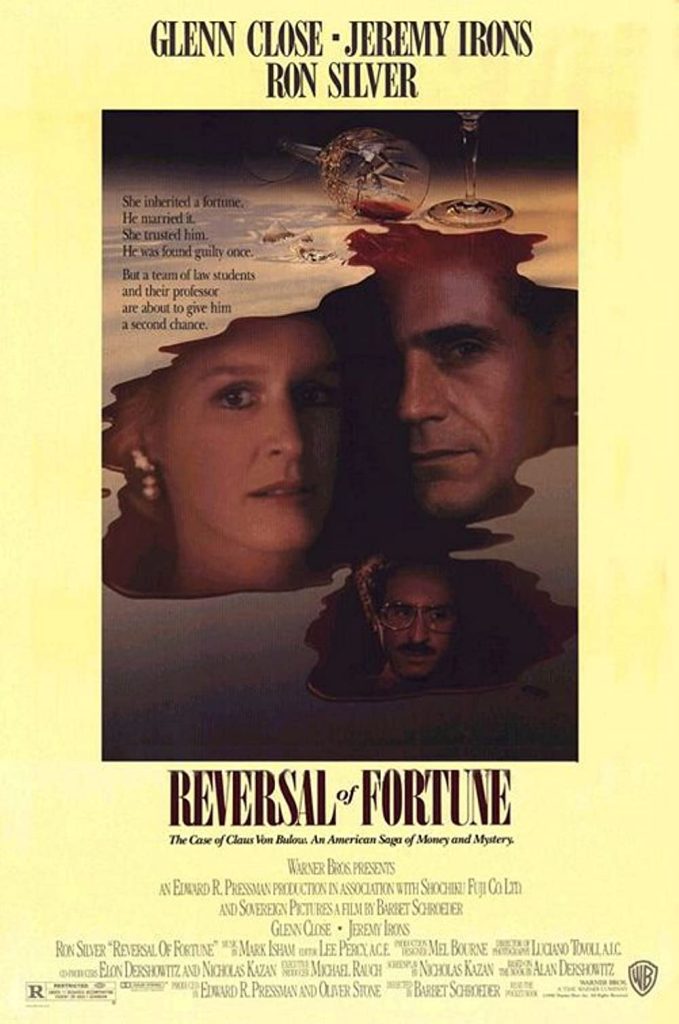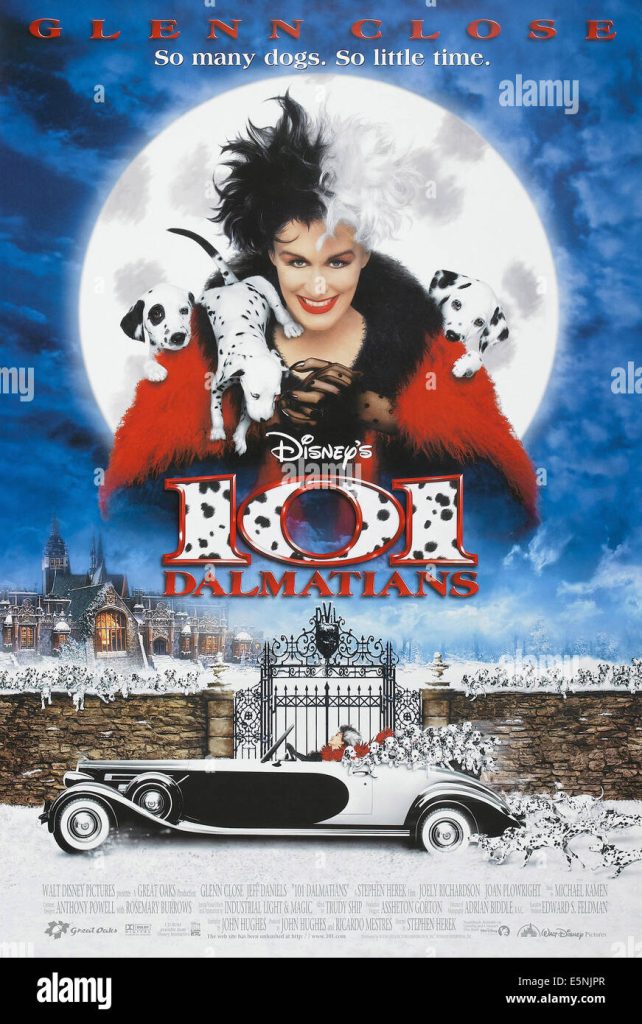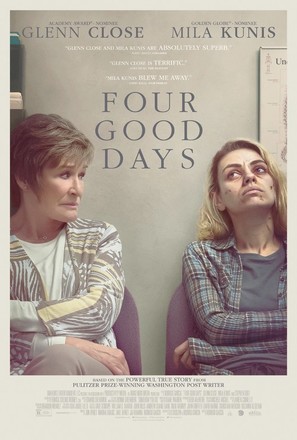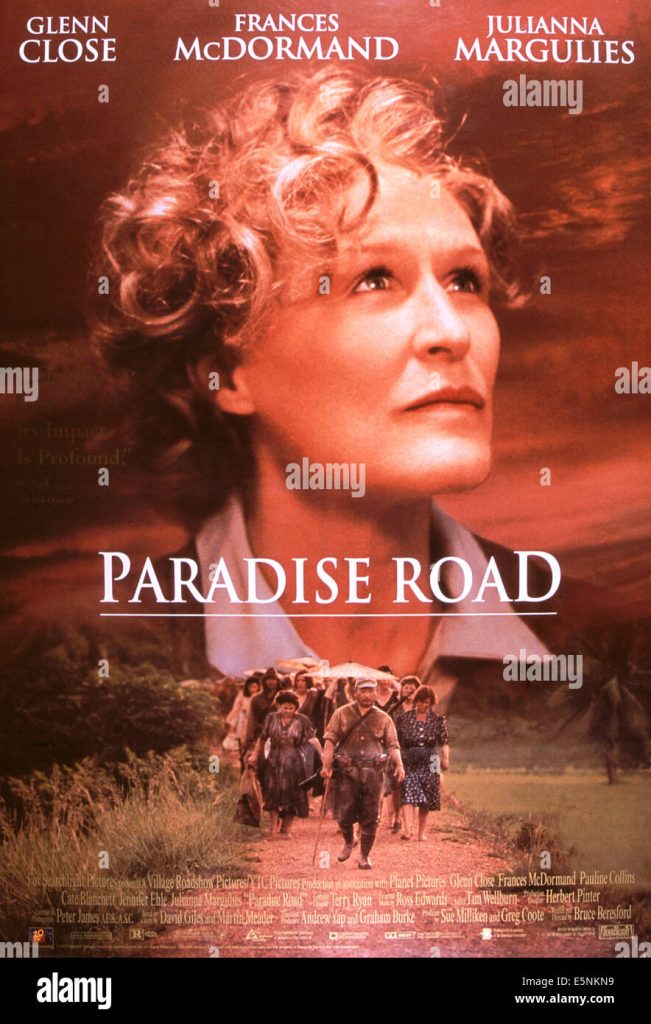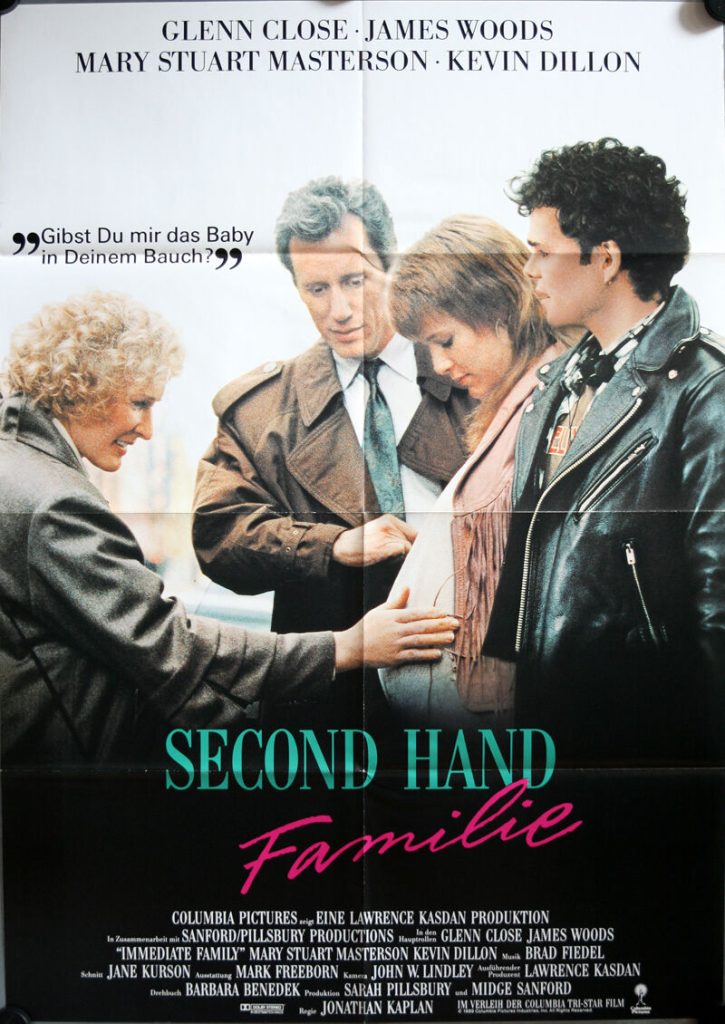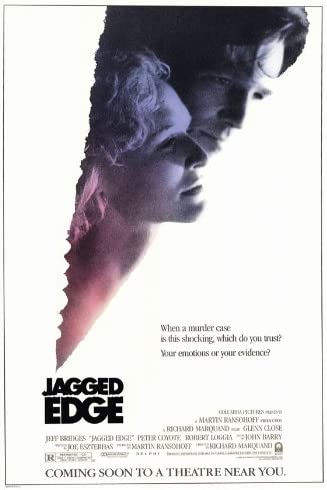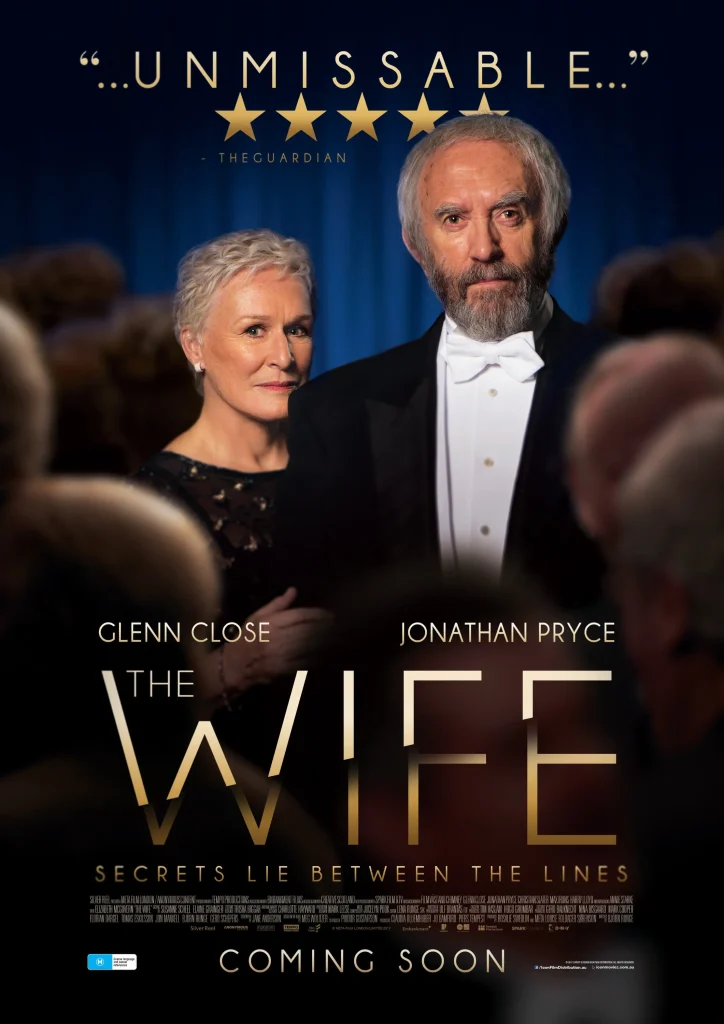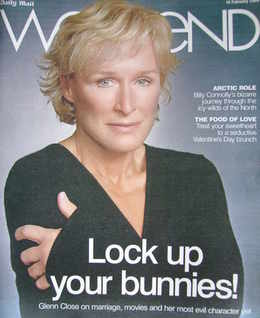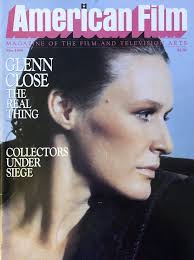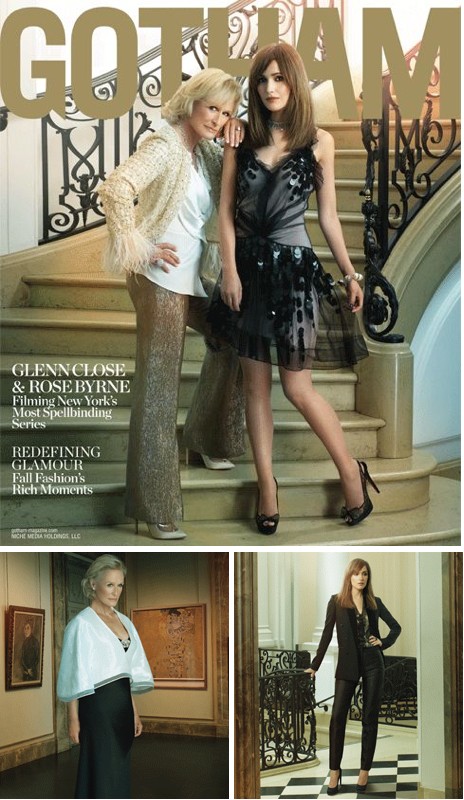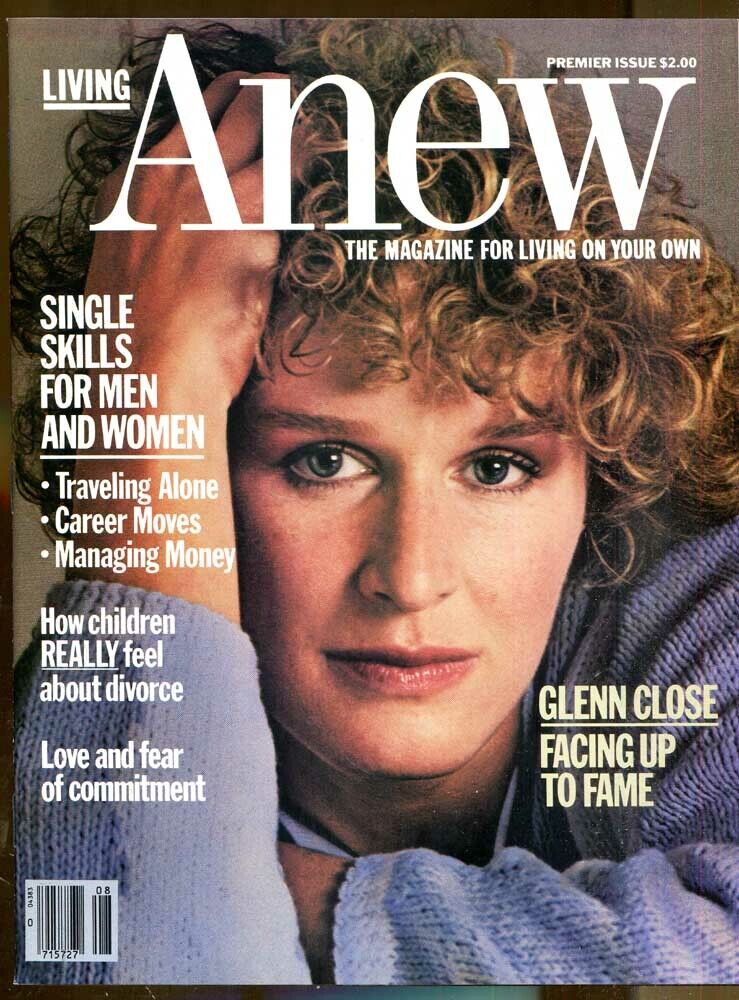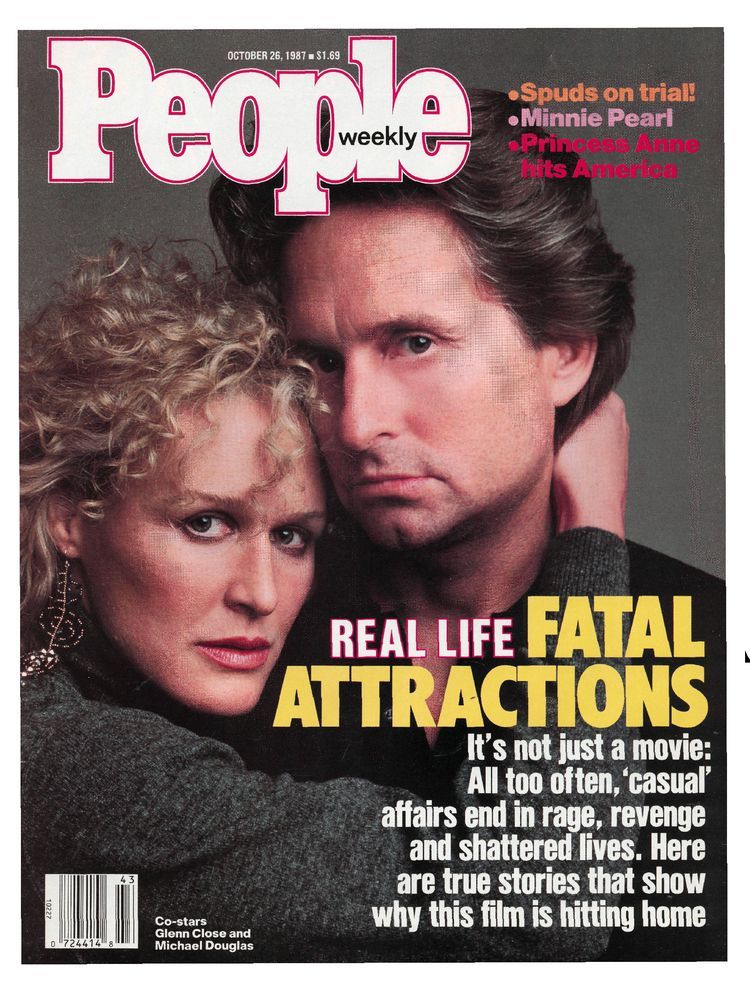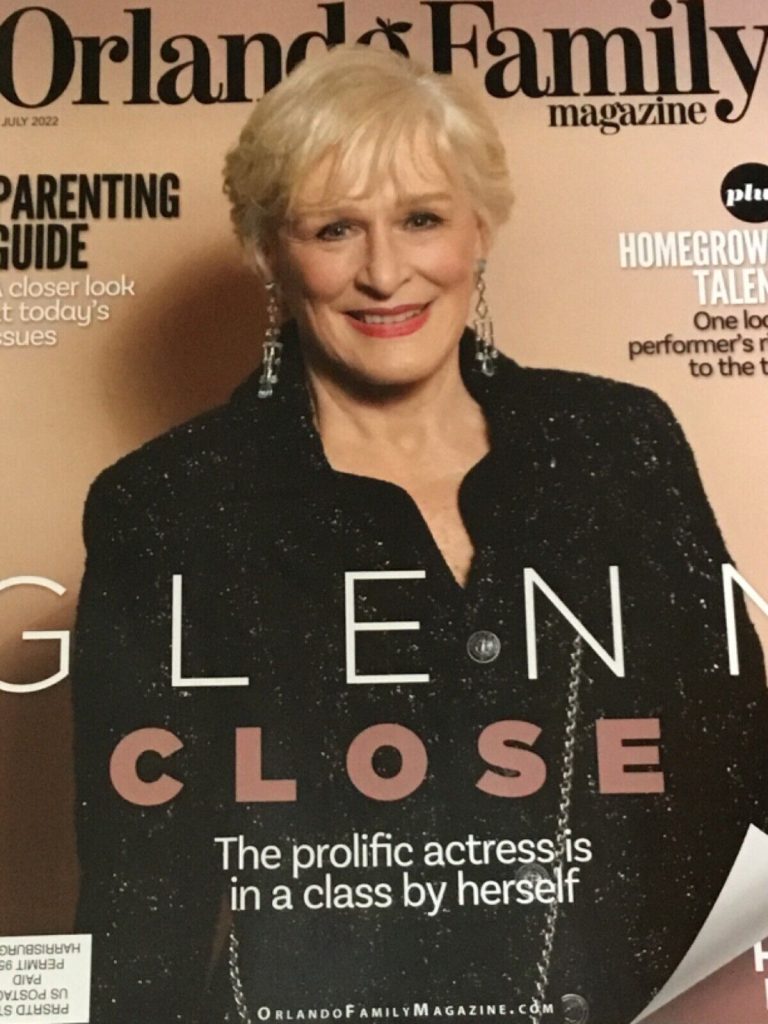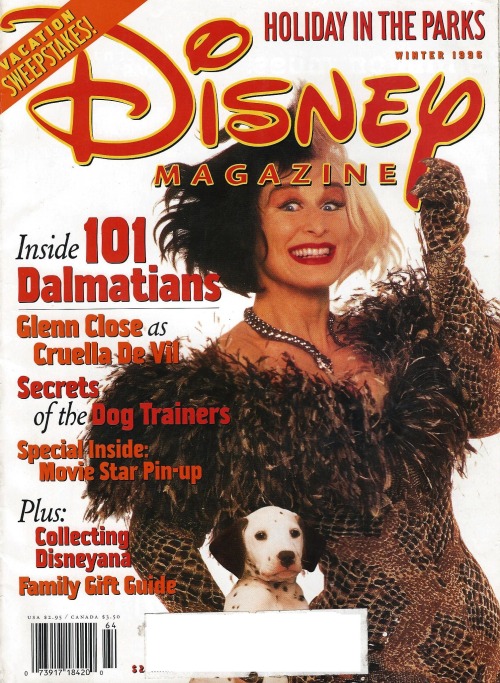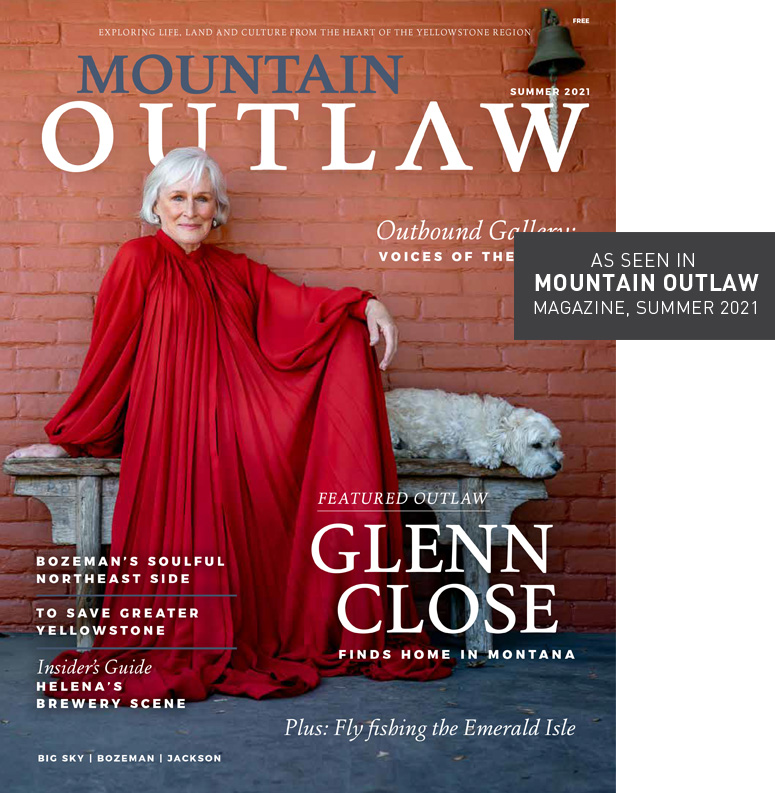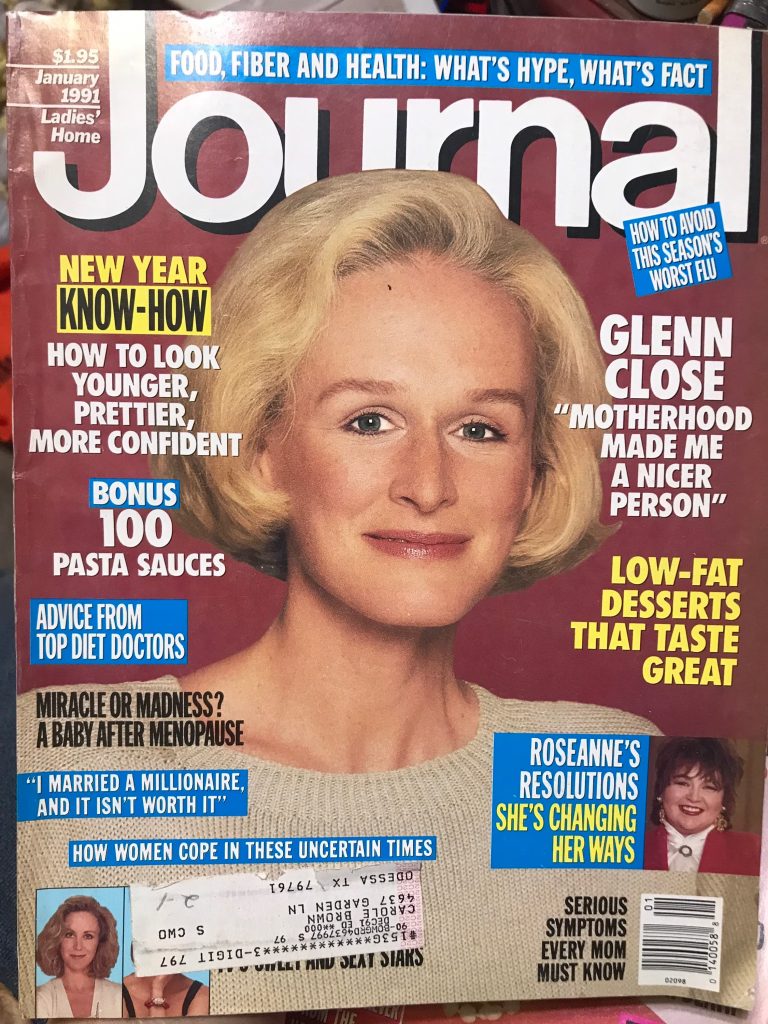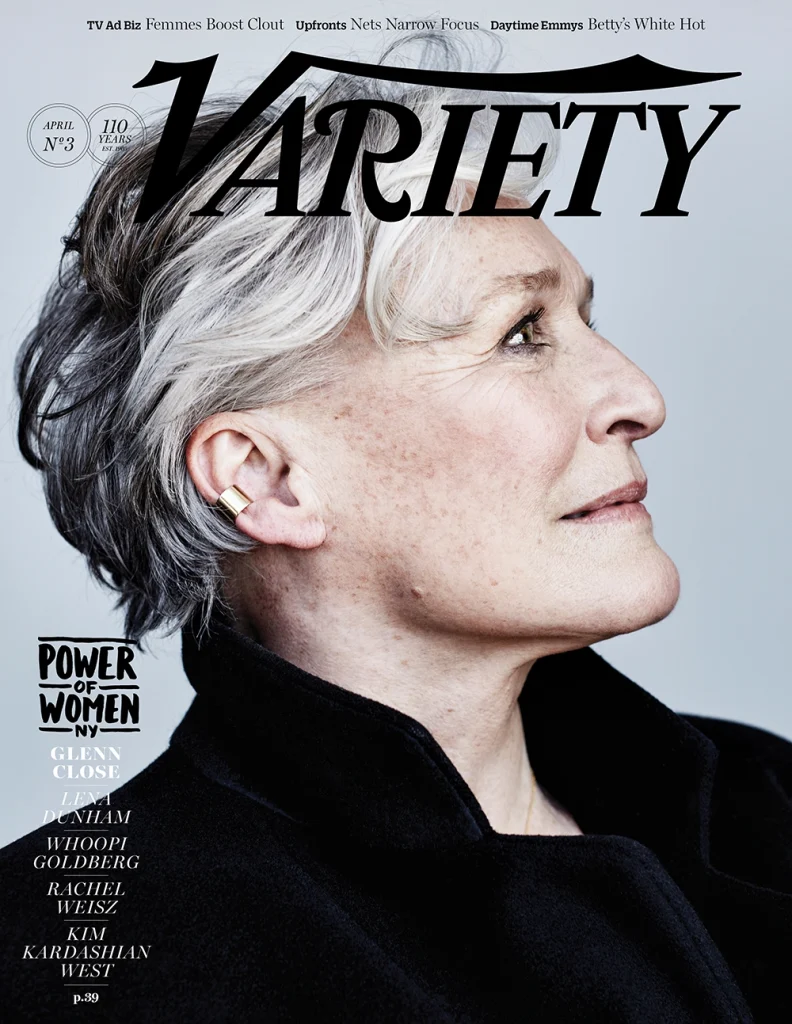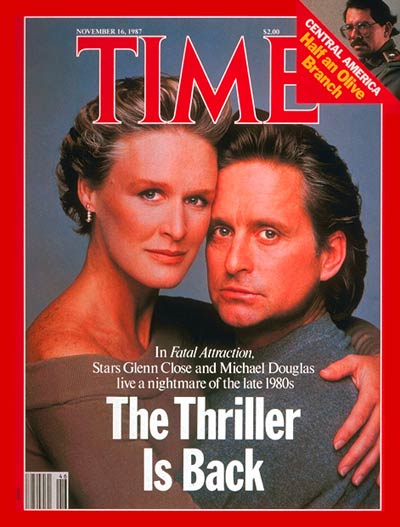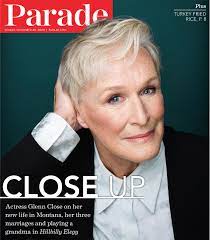
Ben Kingsley was born in 1943 in Scarborough, Yorkshire. His mother was English and his father was from Kenya and of Indian origin. His movie debut came in 1972 in “Fear Is The Key”. Ten years later he made “Gandhi”. His other movies include “Turtle Diary”, “Schindler’s List” and “Sexy Beast”. He was made a Knight in 2002.
TCM overview:
Exuding an air of gravitas in whatever role he played, Academy Award winner Sir Ben Kingsley made a specialty of playing historical characters, ranging from Dmitri Shostakovich in “Testimony (1987) to mobster Meyer Lansky in “Bugsy” (1991). His most acclaimed performance, however, was in Sir Richard Attenborough’s epic biopic “Gandhi” (1982), in which he played the title role of one of the 20th Century’s most revered and influential figures. Thanks to that Oscar-winning performance, Kingsley went from being a relatively obscure character actor to an international star overnight. In the 1990s, Kingsley dramatically reinvented himself by taking on shadier, more morally ambiguous characters, such as the smarmy bad guy in “Sneakers” (1992), the trusted associate of Oskar Schindler in “Schindler’s List” (1993), and the physician-torturer of “Death and the Maiden” (1994). Kingsley later delivered one of the most explosive performances of his career as the uninhibitedly ferocious criminal Don Logan in the British gangster feature “Sexy Beast” (2001), a role that transformed his image while earning a ton of award buzz. He went on to a variety of roles in the dark character drama “House of Sand and Fog” (2003), Roman Polanski’s adaptation of Charles Dickens’ “Oliver Twist” (2005), the high-energy crime thriller “Lucky Number Slevin” (2006), and Martin Scorsese’s psychological thriller “Shutter Island” (2010). By the time he co-starred in the fantastical “Hugo” (2011), Kingsley was long established as one of Hollywood’s most gifted and esteemed performers.
Born Krishna Bhanji in Scarborough, Yorkshire, England on Dec. 31, 1943, Kingsley was the son of English model-actress Anne Lyna Goodman and her husband, Rahimtulla Harji Bhanji, a Muslim Indian physician. Raised in Pendlebury, Salford, Kingsley attended Manchester Grammar School and later won admission to the University of Salford. Kingsley began his acting career in 1966, making his London stage debut as the narrator in “A Smashing Day,” a musical produced by Brian Epstein, manager of The Beatles. Impressed with Kingsley’s voice and guitar playing, Epstein introduced the young actor to John Lennon and Ringo Starr, who both urged young Kingsley to pursue a career in music. He chose instead to remain with his first true love, acting. His decision proved to be a savvy one. Within a year, Kingsley was invited to join the prestigious Royal Shakespeare Company and a career was officially off and running. Though he continued to go by his birth name of Krishna Bhanji well into the 1970s, Kingsley eventually found his exotic name a liability. Fearful that he would be pigeonholed as a strictly “ethnic actor,” Bhanji officially adopted the far more Anglo-sounding “Ben Kingsley” as his stage name while in his mid-thirties. The name was, in part, a homage to his paternal grandfather, a Zanzibar spice trader whose nickname was “The Clove King.” Kingsley’s first film role was a supporting turn in the thriller “Fear Is the Key” (1972). Based on the 1961 novel by Alistair MacLean, Kingsley’s performance earned him positive reviews which opened the door to small television roles. For the most part, however, Kingsley’s career chugged along unremarkably and he seemed destined to be a bit player for the rest of his career.
All of that changed, however, in 1980, when acclaimed director Sir Richard Attenborough held a massive casting call for an unknown to play the lead in his sweeping over three-hour biopic of Mohandas Gandhi. Chosen partly for his ethnic background, Kingsley was, ironically enough, pressured by the filmmakers to go on a worldwide campaign to promote his Indian heritage after having spent years downplaying it. One of the most elaborate productions of its time, “Gandhi” was a relative bargain in terms of Hollywood dollars. Made for an extremely lean $22 million, the film’s superb production values suggested a budget at least twice that. Case in point: for the film’s climactic funeral scene, the movie employed close to 300,000 Indian extras, most of whom worked for free. Kingsley’s decades-spanning performance as the revered Indian leader proved a revelation. Despite its long running time, “Gandhi” lured enough audiences to become a worldwide hit, earning nearly $53 million in the U.S. alone. Critics were equally impressed. For his efforts, Kingsley was justly honored with the 1982 Academy Award for Best Actor.
Unfortunately, “Gandhi” also succeeded in typecasting Kingsley for years to come. Often called upon to carry the moral weight of his films, Kingsley’s post-“Gandhi” roles consisted mainly of playing effete intellectuals and non-threatening good guys in such mediocre films as “Turtle Diary” (1985), “Harem” (1985) and “Without a Clue” (1988). Fortunately, Kingsley would make a welcome return to the mainstream in 1991 with an excellent supporting turn in “Bugsy.” Cast as paternal mobster Meyer Lansky, Kingsley served as the film’s voice of reason to Warren Beatty’s mercurial, hot-headed Benjamin “Bugsy” Siegel. While his portrayal of Lansky would earn Kingsley his second Oscar nod – this time for Best Supporting Actor – his most impressive performance post-“Gandhi” came in Steven Spielberg’s Academy Award-winning Best Picture, “Schindler’s List” (1993). Disappearing with subtlety and strength into his role of Itzhak Stern, the clever Jewish accountant who was the brains behind the empire of industrialist, Oskar Schindler, Kingsley’s interplay with Liam Neeson as Schindler personified the warmth of a relationship that was a rare point of sanity in an insane world.
Later that year, Kingsley popped up as an ambitious vice president in the Ivan Reitman comedy, “Dave” (1993), and as the chess master Bruce Pandolfini in Steve Zaillian’s underrated “Searching for Bobby Fisher” (1993). Kingsley was especially potent the following year in director Roman Polanski’s atmospheric and absorbing film “Death and the Maiden” (1994). A three-character story set in an unspecified South American country, the film starred Sigourney Weaver as a former kidnap victim who encounters her torturer (Kingsley) a decade later after he innocently gives her stranded husband a lift home. After a forgettable stab at sci-fi in “Species” (1995), Kingsley returned to the classics as Feste in Trevor Nunn’s “Twelfth Night” (1996) before helping train Aidan Quinn to pursue Carlos the Jackal (also played by Quinn) in Christian Duguay’s “The Assignment” (1997). Unlike most actors of his caliber, Kingsley rarely shied away from the small screen. Calling television an excellent and nurturing environment for the serious British performer, Kingsley debuted on American screens as Armand’s crusty father in “Camille” (CBS, 1984) and followed with the acclaimed miniseries “Oxbridge Blues” (A&E, 1986). He also starred in the excellent British import “Silas Marner” which aired on the PBS series, “Great Performances” in 1987. Kingsley’s proudest small screen moment, however, was probably his outstanding portrayal of famed Nazi hunter Simon Wiesenthal in “Murderers Among Us: The Simon Wiesenthal Story” (HBO, 1989).
Although his performances were always admired by critics, audiences, and especially his fellow actors, Kingsley’s turn as Don Logan in “Sexy Beast” reintroduced him to a whole new generation of moviegoers. Moving like a stealth panther through every one of his scenes, Kingsley imbued a sense of virile menace to his jewel thief character and especially shone in his scenes opposite co-star Ray Winstone. Kingsley would deliver yet another masterful, career-defining performance in “House of Sand and Fog” (2003), playing an expatriate Iranian colonel who is forced to battle his conscience and the ghosts of his past. The film’s tragic twists and turns provided Kingsley with one of his most complex and nuanced film appearances of his career, expertly essaying both the flawed and noble characteristics of his character. “House of Sand and Fog” earned Kingsley a wealth of critical acclaim and his second Academy Award nomination as Best Actor, along with Golden Globe and Independent Spirit Award nominations.
Few moviegoers turned out to see Kingsley’s embarrassing 2004 follow-up, a live-action adaptation of the puppet-driven sci-fi series from Britain, “Thunderbirds” (1964-66) with Sir Ben as the villainous The Hood. The actor admitted he took the role because he needed a sillier role after the heaviness of “House of Sand and Fog” and had fond memories of watching hours of the cult hit TV show with his children. Next the actor essayed the titular serial killer who murders serial killers in the mostly atmospheric thriller “Suspect Zero” (2004), with Kingsley’s performance providing the lion’s share of the film’s few pleasures. Kingsley was game for another over-the-top performance in “A Sound of Thunder” (2005), a futuristic thriller about the dangers of using time travel for fun and profit. He played a greedy businessman whose head of white hair is about the only thing more impressive than his successful venture, Time Safari, Inc., In the film, he ends up sending a team back into the past to make things right when “time waves” begin to ripple from Prehistoric days, after an expedition to hunt dinosaurs goes awry. In a more serious vein, Kingsley reunited with Roman Polanski to play the manipulative street urchin mentor Fagin in an adaptation of the Charles Dickens classic, “Oliver Twist” (2005). Of note was the fact that Kingsley’s Fagin was a more dimensional depiction than usual; instead of portraying him solely as an out-and-out evil exploiter of homeless children, Kingsley and Polanski delivered a Fagin that, although he was profiting off of the his band of pickpockets, he was also somewhat kind to them and offered them at least some sort of purpose and community that they might otherwise not have known.
Once again inexplicably reverting to schlocky fare, Kingsley played an evil vampire being hunted by a half-human, half-vampire (Kristanna Loken) after he raped and later killed her mother in Uwe Boll’s “BloodRayne” (2006). In the stylish noir thriller “Lucky Number Slevin” (2006), Kingsley was a New York City crime boss named The Rabbi engaging in a war with a rival, The Boss (Morgan Freeman), while simultaneously trying to hunt down an innocent man (Josh Hartnett) wrongly assumed to be his old and deeply indebted friend (Sam Jaeger). Returning to more highly regarded work, Kingsley starred in “Mrs. Harris” (HBO, 2006), playing the real-life Dr. Herman Tarnower, the famed cardiologist and creator of the Scarsdale Diet who was shot to death by his lover, Jean Harris (Annette Bening), an emotionally disturbed headmistress of The Madeira School who made the tabloid covers after the sensational 1980 murder. Kingsley earned himself a nomination for a Golden Globe Award for Best Performance by an Actor in a Miniseries or Motion Picture Made for Television. Continuing his prolific streak in 2007, Kingsley appeared as a Polish-American gangster in “You Kill Me,” a mafia comedy-thriller directed by John Dahl. That same year, Kingsley played dual roles as Ambrosinus and Merlin in the little-seen Arthurian epic, “The Last Legion.”
In a refreshing change of pace, Kingsley’s next project had him tackling broad comedy as a wise sex guru named Maharishi Tugginmypudha in “The Love Guru” (2008), a much-maligned film from the mind of comedian Mike Meyers. After playing an inquisitive Russian narcotics officer in the international thriller “Transsiberian” (2008), Kingsley was the lead psychiatrist at a hospital for the criminally insane in Martin Scorsese’s creepy “Shutter Island” (2010), starring Leonardo DiCaprio as a U.S. Marshal investigating the disappearance of a patient. He next had a supporting role as the uncle of an adopted orphan (Jake Gyllenhaal) in the disappointing blockbuster “Prince of Persia: The Sands of Time” (2010), before portraying pioneering silent film director George Méliès in Scorsese’s Oscar-nominated family adventure, “Hugo” (2011). Kingsley followed that by co-starring with Sacha Baron Cohen in the critically derided comedy “The Dictator” (2012), where he played the traitorous uncle of Cohen’s titular head of state. The veteran actor clearly had fun playing a multifaceted villain in the superhero blockbuster “Iron Man 3” (2013), and starred in the straight-to-video action movie “A Common Man” (2013) before portraying half-Maori war veteran Mazer Rackham in the sci-fi film “Ender’s Game” (2013).
The above TCM overview can also be accessed online here.




